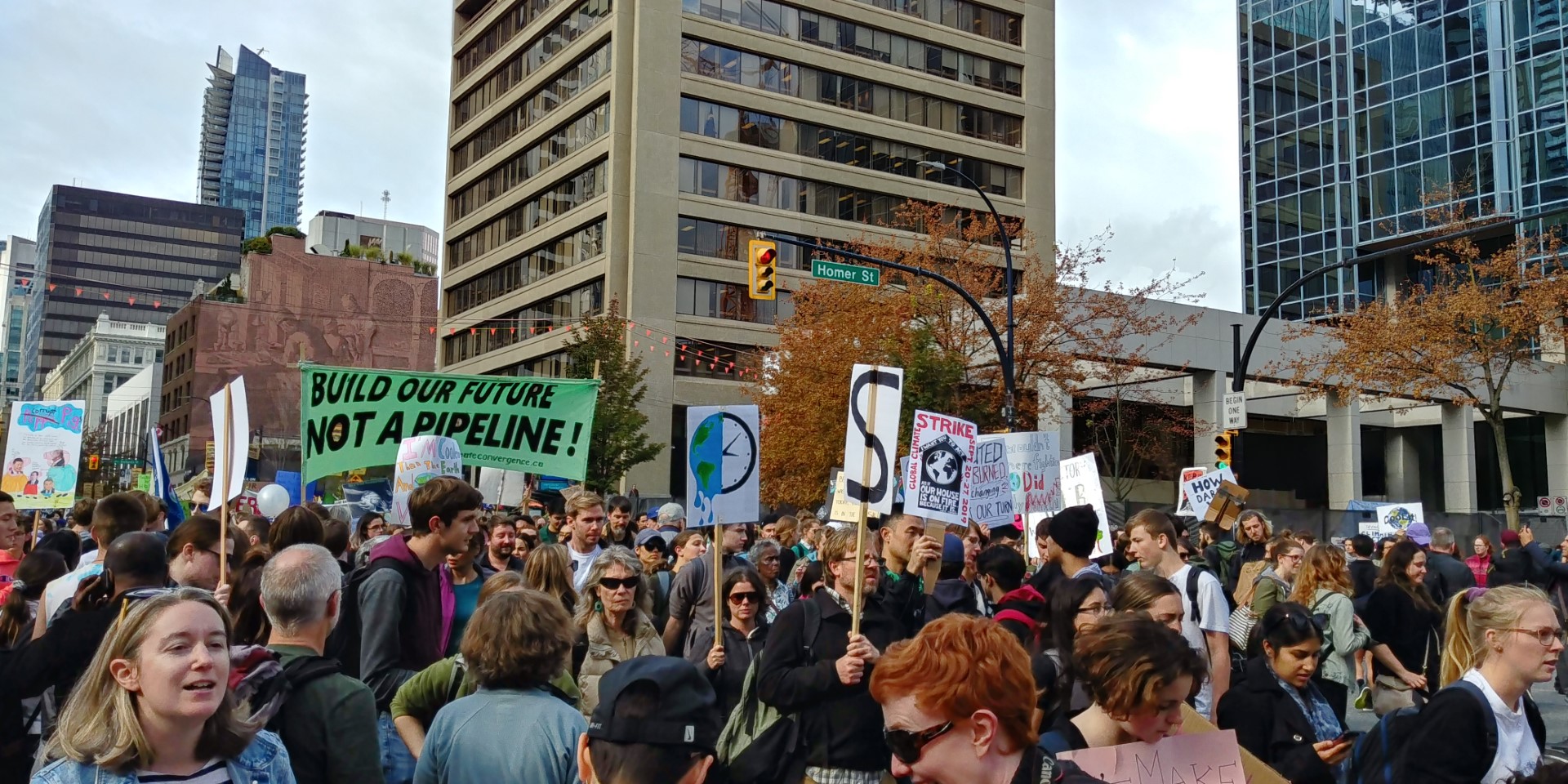
Public space and corporate interests intersect
By Colten Kamlade, Staff Reporter
It was recently announced on the Coquitlam City website that the name of Coquitlam Town Centre Park is being renamed TD Community Plaza.
TD Bank Group is sponsoring improvements to the park, totaling $250,000. The park is used for sports, performances, and other gatherings. Though Coquitlam City is clearly enthused about this new partnership, some have reservations about renaming public spaces after private corporations.
Eugene McCann, professor of geography at Simon Fraser University, said there are clear reasons why the City might be tempted to accept such an offer.
“Public spaces are crucial for urban life and for democracy … parks, plazas, squares etc, are places where people come together to express their political opinions, for example … So, what might be the implications of a public space being funded and branded by a private corporation? On the one hand, obviously, a local government might be attracted to such a funding arrangement because it means they can pay for physical improvements and also programming that they might not have been able to provide otherwise,” he said in an email interview with the Other Press.
Despite these benefits, McCann says that there are other potential social harms that should be considered, the least of these being how we perceive our city.
“We find it harder and harder to look in any direction without seeing a brand. Our world moves closer to the science fiction of films like Blade Runner or Minority Report. Many people might not be bothered by this, but others are. It influences our experience of cities,” said McCann.
He said that there are other, likely more important issues that should be discussed. These include the control of public space. For instance, who can enter the space, for how long, and what they can do in it.
“Corporate funding of public spaces and amenities has potential implications for control and decision-making in cities. Geographers and other urban researchers have pointed to a general erosion of the true publicness of public spaces in recent decades as existing ones are increasingly privatized,” McCann said.
According to McCann, there are subtler ways that spaces can become less public.
“Sometimes, the space is still largely public, but it becomes more and more reliant on private funding from sponsors to be maintained and for festivals, concerts, etc. take place in it. In those cases, city governments might worry about not offending funders when they make decisions about how they should use ostensibly public spaces … so this is the second way in which public spaces become less public—the scope of potential uses can be constrained by powerful private (funder) interests and decision-making can become less democratic if these criteria are not made explicit to the general public” said McCann.
McCann emphasized that he did not have extensive knowledge of the TD Bank Group sponsorship, but that these are some of the questions that geographers and urban planners think about when faced with similar situations.


